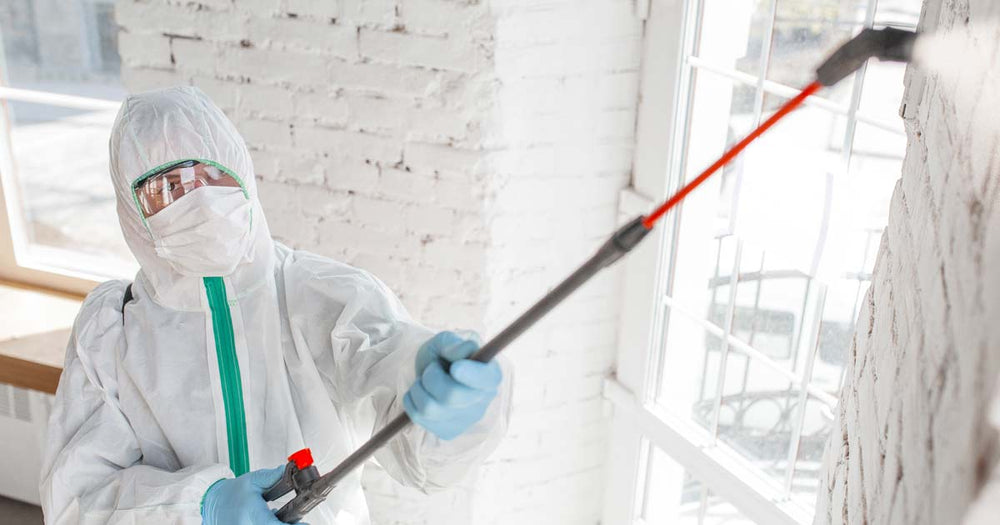
Understanding Your Starting Point: Assessing the Current State
Before you even think about budgets, you need a clear picture of what you’re working with. Take a thorough inventory of your home’s current condition. Document everything – from minor cosmetic issues like chipped paint and outdated fixtures to major structural problems such as foundation cracks or leaking roofs. This detailed assessment is crucial for accurate cost estimation. Take lots of photos, and consider getting a professional home inspection to catch anything you might miss. This initial step prevents costly surprises down the road.
Defining Your Scope: What’s Included in Your Renovation?
The scope of your renovation significantly impacts the budget. Are you planning a complete gut job, or are you focusing on specific areas like the kitchen and bathrooms? Creating a detailed scope of work is essential. List each room and the specific tasks involved: new flooring, kitchen cabinetry, bathroom fixtures, electrical upgrades, plumbing repairs, etc. The more detailed your list, the better your contractors can estimate costs accurately. This is a collaborative process. Involve your contractors early to get their input and refine your vision.
Material Costs: The Tangible Expenses
Materials make up a substantial portion of your renovation budget. Research different options for everything from flooring and countertops to cabinetry and appliances. Get multiple quotes from suppliers. Don’t compromise on quality, but be mindful of cost-effectiveness. Consider using a combination of high-end and budget-friendly materials to balance aesthetics and cost. Factor in potential waste and overages – it’s always better to have a little extra on hand than to run short mid-project.
Labor Costs: The Human Element of Renovation
Labor costs can be substantial, especially for complex renovations. Obtain detailed quotes from multiple contractors, clearly outlining the scope of work. Compare not just the total cost but also the breakdown of labor costs for each task. Inquire about their experience and insurance coverage. Don’t hesitate to ask for references. Remember, skilled and experienced contractors are worth the investment; cheaper labor can often lead to lower-quality work and potential cost overruns in the long run.
Contingency Planning: Buffering Against the Unexpected
Unforeseen issues are inevitable in any renovation project. A critical part of budgeting is setting aside a contingency fund to cover unexpected expenses, such as discovering hidden structural damage or encountering supply chain issues. A 10-20% contingency fund is a good rule of thumb, but it might need to be higher for more extensive renovations or older homes. This will provide a crucial safety net and prevent you from facing financial strain during the process.
Permits and Fees: Navigating the Legal Landscape
Don’t forget about the less glamorous but equally important costs: permits and fees. You’ll likely need building permits for structural changes or significant work on plumbing and electrical systems. Research the permitting process in your area; the costs and requirements can vary. Factor in inspection fees, which are often charged after each stage of construction is completed. Ignoring these costs can lead to delays and potential legal issues.
Professional Fees: Architects, Designers, and Project Managers
Depending on the complexity of your renovation, you might need to hire professionals like architects or interior designers to help with planning and design. If the project is extensive, consider hiring a project manager to oversee the entire process. Their expertise can save you money and time in the long run, despite the upfront cost. Their fees should be included in your overall budget.
Financing Your Renovation: Exploring Your Options
Finally, you need to consider how you’ll finance your renovation. Explore various options, such as home equity loans, personal loans, or savings. Compare interest rates and loan terms to find the most suitable financing solution. Ensure you have a clear understanding of the repayment schedule to avoid financial stress during and after the renovation.
Tracking Expenses: Maintaining Control
Throughout the renovation, meticulously track all expenses. Keep detailed records of invoices, receipts, and payments. This will help you stay on budget and provide a clear financial picture at the end of the project. Regularly compare your actual expenses against your projected budget and make necessary adjustments. This proactive approach will minimize financial surprises. Read more about how much does a complete home remodel cost








